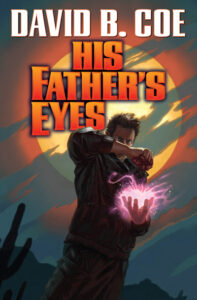I could have ended this post at the title. That really is the point. I have been writing fiction for close to thirty years. I have finished more than thirty novels and as many pieces of short fiction, and yes, each time I complete the first draft of any story, it feels great. Kind of like completing a good workout or reaching the summit on a lengthy hike.
So, what is this new, just-completed novel about?
Well, I can’t really tell you that. I am co-writing with someone — a person of some celebrity who came up with the story concept but left much of the writing to me. Someone who, I will be honest, paid me rather well. And someone who, for now, would rather I said less than more about the story, the book, and our partnership.
I’m fine with that, but it does mean that I can’t answer questions. I’m sorry to keep secrets. Really.
I can tell you that finishing this particular book has felt better than most. In part, that is a consequence of all that my family and I have been through. I finished a novella for Joshua Palmatier at Zombies Need Brains earlier this year, and I’m pleased with how that came out. But this more recent project felt big when I started it. I didn’t know if I was up for writing a full novel.
And it is always a challenge to write in someone else’s world, bringing to life someone else’s characters and plot lines. (As it happens, the Zombie Need Brains story was written in a shared universe, so both of the things I’ve worked on this year have been not entirely my own.) On the one hand, when writing in someone else’s sandbox, I want to honor the creative vision of the person or people who conceived of the world and characters. I feel a sense of responsibility to the original idea and source material (in this case, a script). At the same time, though, I also NEED to feel some ownership in the project. I want to have a creative stake in what I’m writing. Otherwise, the work has no emotional or artistic appeal, and my writing winds up sounding flat.
As many of you know, about fifteen years ago, I wrote the novelization of a script for a major motion picture (I would rather not be more specific . . .). It was a difficult and, frankly, unpleasant process, in large part because I was given no freedom to create. I had to stick to the exact dialogue and narrative presented in the script. I could do some internal monologue, but that was all. This new project was VERY different. My co-writer gave me a good deal of freedom to write the story as I thought it should be written. As this person pointed, movies and their books are often very different. They were fine with that being the case here.
As a result, the book proved to be a great way for me to work my way back into writing after last year. A good deal of the emotional content was already spelled out in the original source material, meaning I didn’t have to do a deep dive into my own emotional world, which I am not yet ready to do. But I could add in some new content, some different characters, some different points of view. And in so doing, I could put my own creative stamp on the finished product. Which I did, quite well, I believe. The resulting story really is a collaboration, a blending of artistic visions.
What’s next for me professionally?
I’m not sure yet. Nancy and I have some travel planned for this year, as well as some long-deferred work on the house and yard. And so I think I will probably take a little break from writing fiction while we tend to other parts of our lives. But that is not to say I don’t have ideas for new stories. I do. I have Thieftaker ideas, I have an old series that I still intend to reissue sometime fairly soon, I even have Fearsson ideas. And I have ideas for stories in universes not-yet-created-or-explored. So, stay tuned.
And thank you for your patience.
Have a great week.









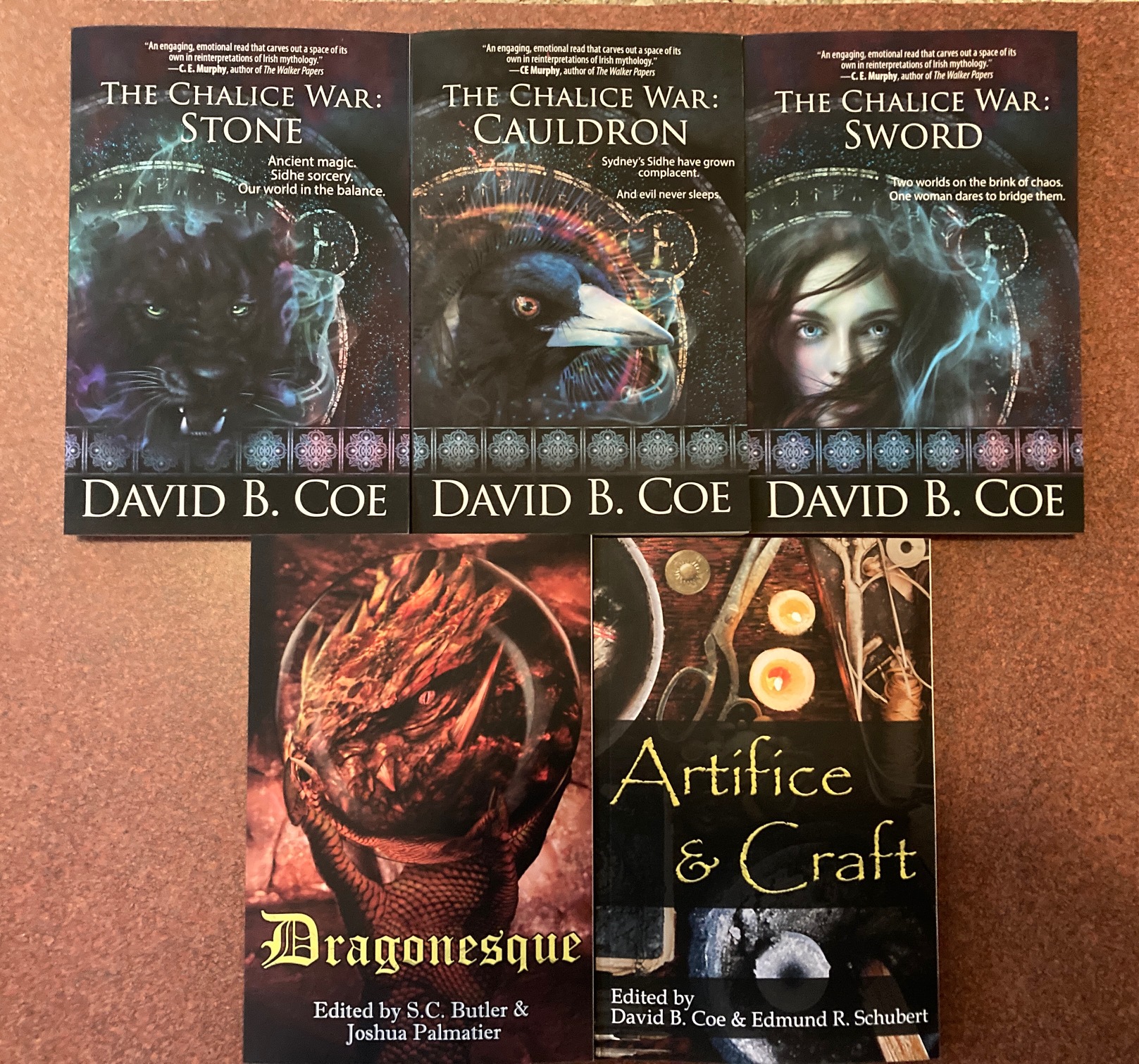
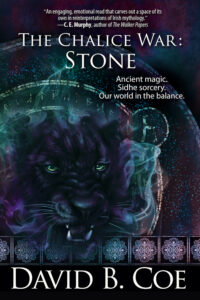 With this in mind, I thought it might be helpful to list a few things I learned, reminded myself of, and/or tried to do differently while writing my
With this in mind, I thought it might be helpful to list a few things I learned, reminded myself of, and/or tried to do differently while writing my 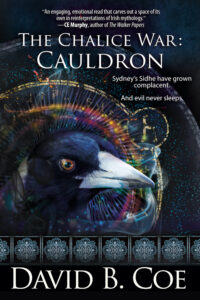 As I mentioned in a recent post, I have been doing a tremendous amount of editing and revising these past several months. Between co-editing (with
As I mentioned in a recent post, I have been doing a tremendous amount of editing and revising these past several months. Between co-editing (with  I have two other projects underway as well. A nonfiction thing that I am not ready to discuss in detail, and, at long last, the editing of the Winds of the Forelands books for re-release in late 2023 or early 2024. And I have another writing project — a collaborative undertaking — that I also cannot describe in detail, simply because I am not the organizing force behind the project, so it is not mine to reveal. But I am excited about it.
I have two other projects underway as well. A nonfiction thing that I am not ready to discuss in detail, and, at long last, the editing of the Winds of the Forelands books for re-release in late 2023 or early 2024. And I have another writing project — a collaborative undertaking — that I also cannot describe in detail, simply because I am not the organizing force behind the project, so it is not mine to reveal. But I am excited about it.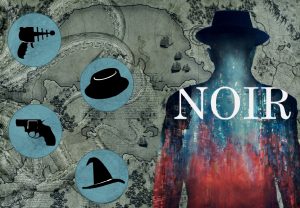 So far, we have received some very good stories. We have also received far, far more that won’t make the first cut. And so I thought I would go over again, briefly, the things that can make or break a story submission, at least for this editor.
So far, we have received some very good stories. We have also received far, far more that won’t make the first cut. And so I thought I would go over again, briefly, the things that can make or break a story submission, at least for this editor.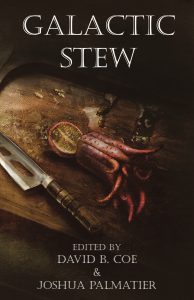 Will I reject a story simply because it is single-spaced instead of double-spaced? No, I’m not quite that mean. But when reading a story, knowing I have literally dozens more waiting in the queue, I will only tolerate so many flaws before I reject it. Remember, I have 500 stories to choose from. I can and will find what I’m looking for. No story is ever perfect, so ask yourself, do you want to expend one of your flaws on formatting? Or do you want to present your story correctly so that I can judge it on its artistic merits? The answer seems self-evident to me.
Will I reject a story simply because it is single-spaced instead of double-spaced? No, I’m not quite that mean. But when reading a story, knowing I have literally dozens more waiting in the queue, I will only tolerate so many flaws before I reject it. Remember, I have 500 stories to choose from. I can and will find what I’m looking for. No story is ever perfect, so ask yourself, do you want to expend one of your flaws on formatting? Or do you want to present your story correctly so that I can judge it on its artistic merits? The answer seems self-evident to me.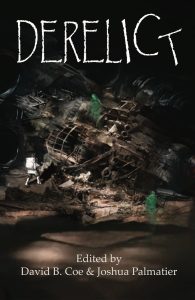 1) I abhor the cliché, but think outside the box. As
1) I abhor the cliché, but think outside the box. As 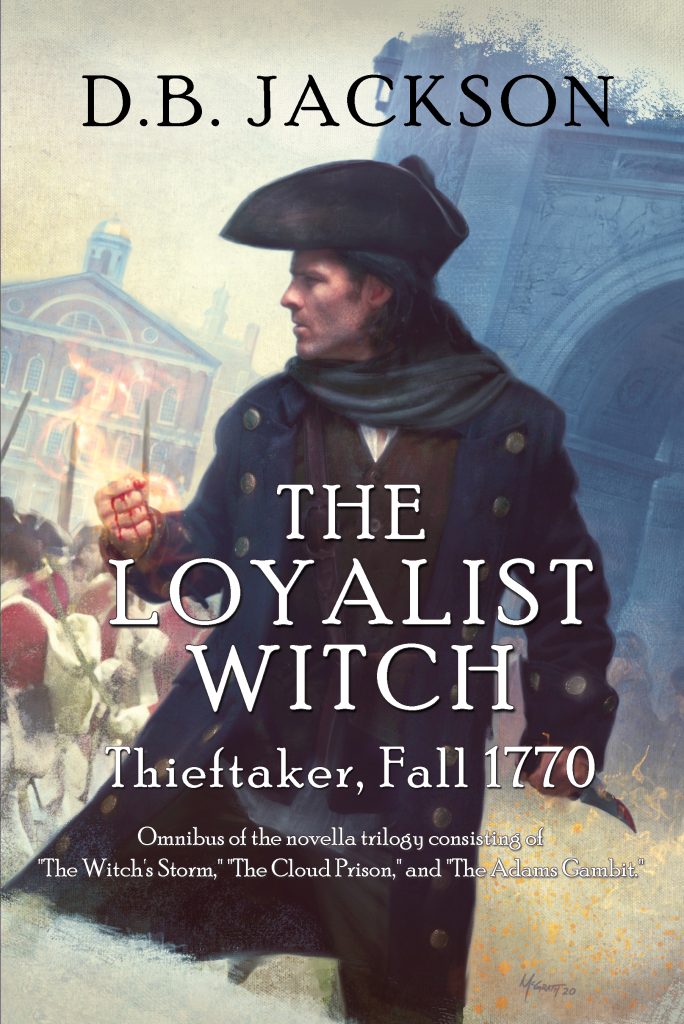 What are you giving for the holidays?
What are you giving for the holidays?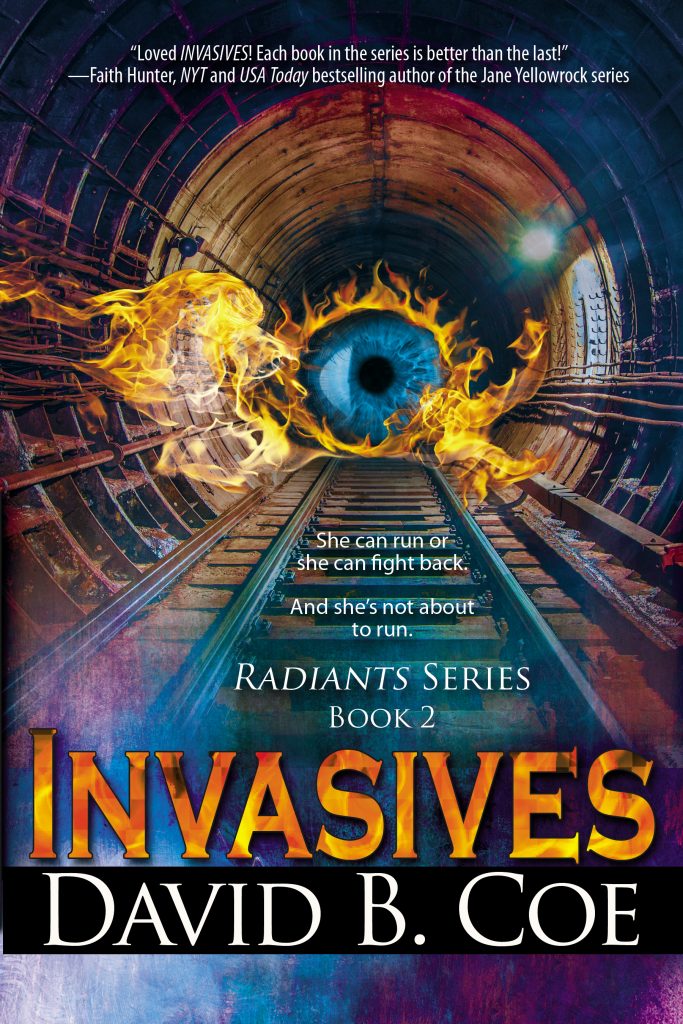 May I suggest a book, or several books?
May I suggest a book, or several books?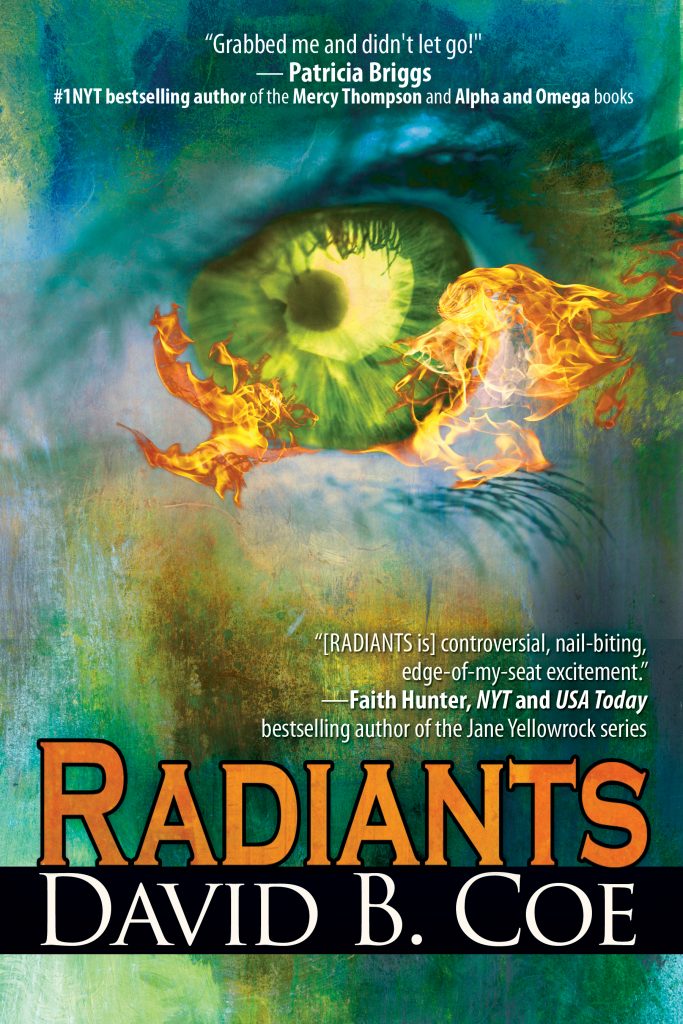 Yes, I know, this probably seems a little crass. But here’s the thing: Creators like me make our livings off the sale of our creations. It really is that simple. If our books (or music or art or whatever) don’t sell, we don’t earn.
Yes, I know, this probably seems a little crass. But here’s the thing: Creators like me make our livings off the sale of our creations. It really is that simple. If our books (or music or art or whatever) don’t sell, we don’t earn.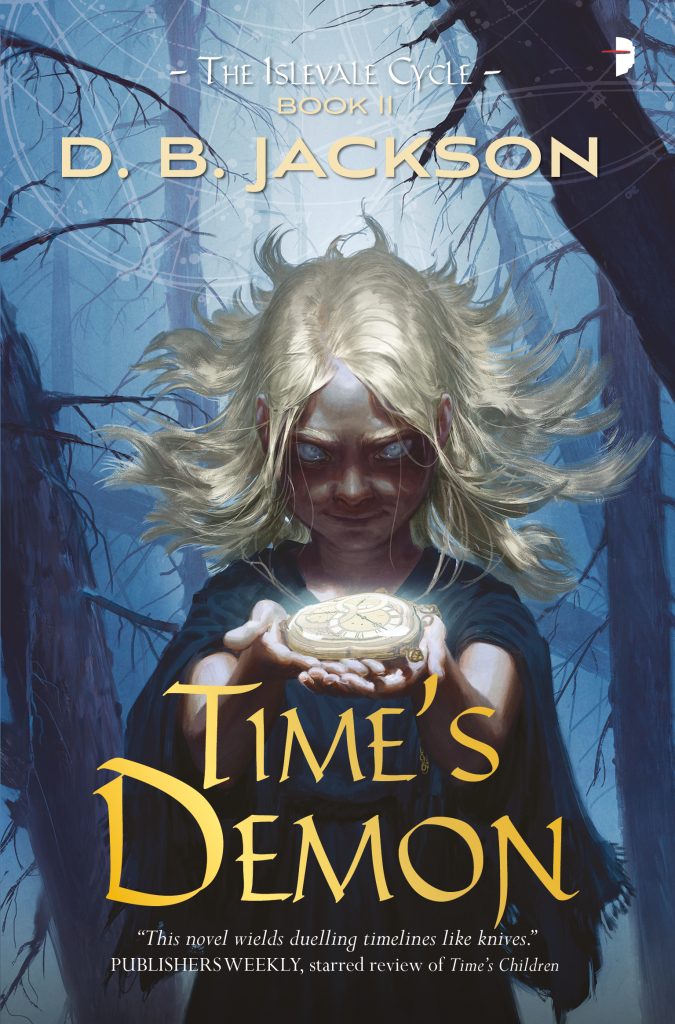 Now, many of you are probably saying at this point that you have already bought my books and, I hope, read and enjoyed them. That’s wonderful. Thank you. Truly.
Now, many of you are probably saying at this point that you have already bought my books and, I hope, read and enjoyed them. That’s wonderful. Thank you. Truly. As you know, early in 2023 I will be coming out with a new urban fantasy series that is steeped in Celtic mythology. Before working on this series, I hadn’t known much about Celtic lore. But I did my research, learned all I could, and then started to imagine ways in which I might blend those Celtic traditions with my vision for the stories I wanted to write. I tried to be respectful of traditions that are not my own, while also having fun and writing something I hoped would be fun for my readers.
As you know, early in 2023 I will be coming out with a new urban fantasy series that is steeped in Celtic mythology. Before working on this series, I hadn’t known much about Celtic lore. But I did my research, learned all I could, and then started to imagine ways in which I might blend those Celtic traditions with my vision for the stories I wanted to write. I tried to be respectful of traditions that are not my own, while also having fun and writing something I hoped would be fun for my readers. Two years ago at this time, I was revising Radiants and starting to organize my plans for Invasives, the second book in the sequence. I had never written a supernatural thriller before, but I had the idea and wanted to give it a go.
Two years ago at this time, I was revising Radiants and starting to organize my plans for Invasives, the second book in the sequence. I had never written a supernatural thriller before, but I had the idea and wanted to give it a go. Around that same time, I was also reading submissions for the Temporally Deactivated anthology, my first co-editing venture. Last year I opened my freelance editing business, and a year ago at this time, I was editing a manuscript for a client.
Around that same time, I was also reading submissions for the Temporally Deactivated anthology, my first co-editing venture. Last year I opened my freelance editing business, and a year ago at this time, I was editing a manuscript for a client.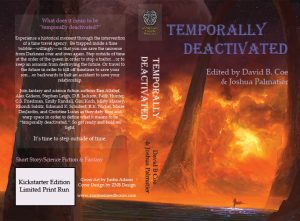 Last week, I wrote about planning out my professional activities for the coming year. This week, I want to discuss a different element of professional planning. My point in starting off with a list of those projects from past years is that just about every year, I try to take on a new challenge, something I’ve never attempted before. I didn’t start off doing this consciously — I didn’t say to myself, “I’m going to start doing something new each year, just to shake things up.” It just sort of happened.
Last week, I wrote about planning out my professional activities for the coming year. This week, I want to discuss a different element of professional planning. My point in starting off with a list of those projects from past years is that just about every year, I try to take on a new challenge, something I’ve never attempted before. I didn’t start off doing this consciously — I didn’t say to myself, “I’m going to start doing something new each year, just to shake things up.” It just sort of happened. As it turns out, these new challenges have brought me to a place where I can say, in all candor, that I have never been happier in my work than I am now. Each time I try something new, I reinvigorate myself as a creator. I force myself out of the tried-and-true, the comfortable. With each of the new projects I mentioned above I had a moment of doubt. I wondered if I was capable of accomplishing what I set out to do. Now, I’m a pretty confident guy when it comes to my writing chops and my ability to help others improve their writing, so those doubts didn’t last long. But they were there each time.
As it turns out, these new challenges have brought me to a place where I can say, in all candor, that I have never been happier in my work than I am now. Each time I try something new, I reinvigorate myself as a creator. I force myself out of the tried-and-true, the comfortable. With each of the new projects I mentioned above I had a moment of doubt. I wondered if I was capable of accomplishing what I set out to do. Now, I’m a pretty confident guy when it comes to my writing chops and my ability to help others improve their writing, so those doubts didn’t last long. But they were there each time. But those new challenges did more than that. They kept my professional routine fresh. I am a creature of habit. I try to write/edit/work every day, so in a general sense, my work days and work weeks don’t change all that much. By varying the content of my job — by writing new kinds of stories and expanding my professional portfolio to include editing as well as writing — I made the routine feel new and shiny and exciting. And at the same time, these new projects made it possible to return to some old favorites, notably the Thieftaker series, with renewed enthusiasm.
But those new challenges did more than that. They kept my professional routine fresh. I am a creature of habit. I try to write/edit/work every day, so in a general sense, my work days and work weeks don’t change all that much. By varying the content of my job — by writing new kinds of stories and expanding my professional portfolio to include editing as well as writing — I made the routine feel new and shiny and exciting. And at the same time, these new projects made it possible to return to some old favorites, notably the Thieftaker series, with renewed enthusiasm.